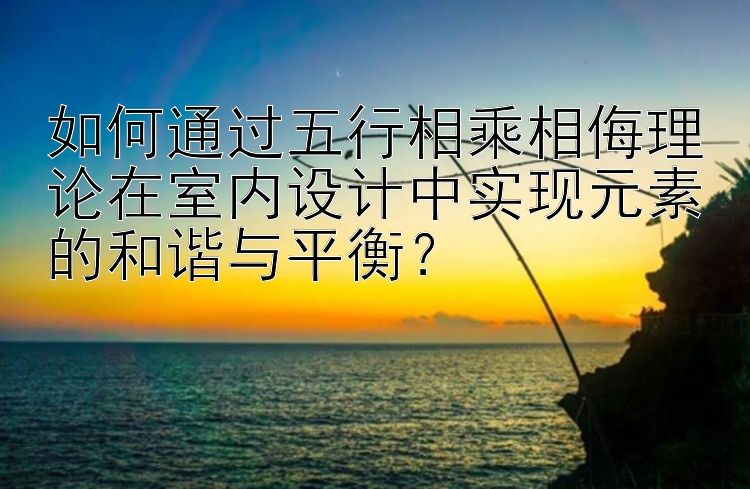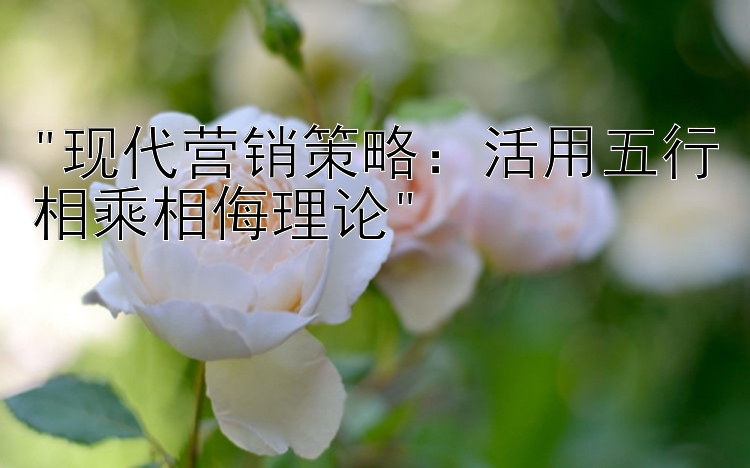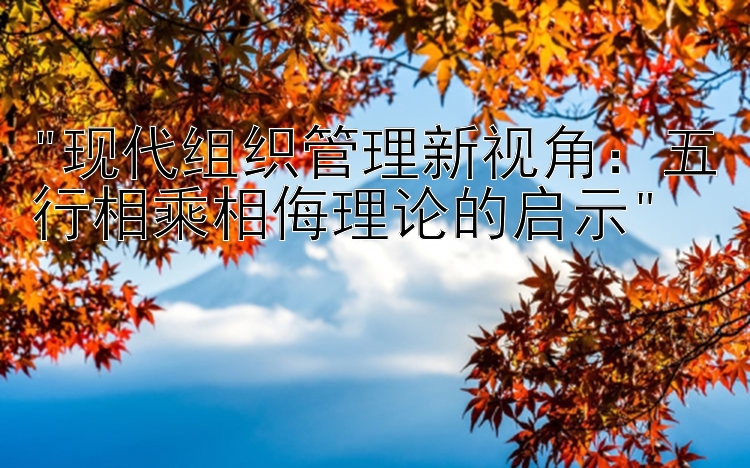解读五行理论与古希腊四大元素之间的水元素新含义
在古老的东方哲学中,五行(Wood, Fire, Earth, Metal, Water)是构成宇宙的基本元素,而古希腊的
The concept of the Five Elements (Wu Xing) is deeply rooted in ancient Chinese philosophy and has a profound influence on various aspects of traditional Chinese culture. It is believed that these elements not only constitute the physical world but also govern the flow of qi (life energy) throughout the universe. Each element possesses distinct qualities that interact with one another in cycles of creation and destruction. In this article, we will delve into the characteristics of water as it relates to both the Eastern Five Elements and Western astrology's four classical elements—Air, Fire, Earth, and Water. We will explore how the interpretation of water can be enriched by combining insights from these two systems, offering a fresh perspective for understanding the cosmic energies at play in our lives.
Water Element in Wu Xing: In the context of the Five Elements, water represents stillness, introspection, and fluidity. It is associated with winter, the north direction, and the color black or blue-black. The qualities of water include adaptability, mystery, intuition, and depth. It is considered the most yin (feminine, passive) element, characterized by its ability to nourish yet overwhelm when out of balance.
Water Signs in Western Astrology: Western astrology identifies three zodiac signs as belonging to the water triplicity: Cancer (crab), Scorpio (scorpion), and Pisces (fish). These signs are often characterized by their sensitivity, emotional intensity, and intuitive nature. They tend to navigate life through feelings rather than logic, and they have an innate capacity for empathy and compassion.
Synthesis of East and West: By merging the concepts of the Five Elements and the four classical elements, we arrive at a new interpretation of the water element. This synthesis suggests that while water signifies reflection and quiet power in the East, it embodies deep emotions and psychic abilities in the West. Together, they paint a picture of a force that flows beneath the surface, holding within it the potential for growth, transformation, and healing.
New Meaning for "Water": This integrated view of water implies a heightened awareness of our inner worlds and subconscious desires. It encourages us to tap into our emotional depths and listen to the wisdom of our intuition. Moreover, it highlights the importance of honoring our need for solitude and self-reflection, which allows us to process experiences and emerge stronger from challenges.
Conclusion: The fusion of Eastern and Western perspectives on the water element offers a rich tapestry of meaning for personal growth and spiritual development. By embracing the full spectrum of what water symbolizes across cultures, we gain a deeper appreciation for the ebbs and flows of life and learn to navigate them with grace and resilience. Whether seen as a tranquil pool reflecting the cosmos or as a surging tide carrying messages from the unconscious, water remains a potent metaphor for the mysterious forces that shape our existence.








